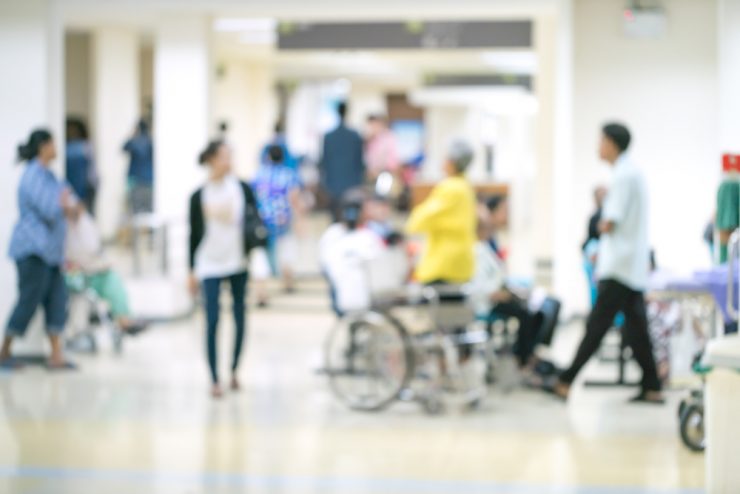Diagnosis of Mouth Cancer
If mouth/oral cancer has been detected, the person is referred to an oncologist (a specialist in the treatment of cancer) or an ENT specialist.
Biopsy – it is essential for a small part of the afflicted tissue to be checked for cancerous cells. If the cancerous cells are situated on the surface of the tissue, a fine needle aspiration biopsy (FNA) is possibly carried out. This is performed on an outpatient basis and is done under local anaesthesia.
Further Tests – if the occurrence of cancer has been confirmed, some other tests are carried out to check its enhancement and how much it has spread. These tests help in examining bones, lymph nodes and the tissues close to the existing tumour to check if there are any more tumours present. The tests that are done include:
An X – ray
A MRI scan (magnetic resonance imaging)
A CT scan (computerised tomography)
A PET scan (positron emission tomography)
Treatment of Mouth Cancer
Several PCT’s (primary care trusts) provide the facility of MDTs (Multi-disciplinary teams) to treat oral cancer. The MDT consists of:
A surgeon
A dentist
A dietician
A radiologist
A pathologist
A clinical oncologist
A social worker
A psychologist
A language and speech therapist
Clinical nurse specialist
Initially, prior to starting the treatment, a full dental check up needs to be done. Good dental hygiene is very essential to start off with the treatment. The treatments that are used to resolve mouth cancer include:
Surgery – taking out the afflicted tissue, while reducing the damage to the other parts of the mouth.
PDT (Photodynamic therapy) – in the initial stages of mouth cancer, the tumours can be removed using a laser therapy called the photodynamic therapy.
Other types and forms of surgeries – if the range of cancer is very severe, a part of the lining of the mouth might have to be removed and at times even the facial skin is taken out. Skin from some other part like the chest or forearm is removed and replaced in the afflicted area of the mouth or face. Similarly if the tongue is afflicted, a part of it needs to be removes, and so on.
Radiotherapy – this helps in destroying the cancerous cells. This procedure
includes several side affect such as; bad breath, stiff jaw, tiredness, nausea, appetite loss, dry mouth, sore mouth, sore throat, ulcers, reddishness and swelling the skin, etc.
Some other ways of treating the condition include:
Internal Radiotherapy
Chemotherapy, and
Monoclonal antibody therapy
Complications
Mouth cancer increases the risks of being afflicted by the following:
Dysphagia
Video fluoroscopy, and
Speech therapy
Prevention
A few preventive and self care measures can be taken in order to avoid mouth/ oral cancer. Some of these include:
Stopping the intake of tobacco through cigars, pipes, cigarettes, chewing tobacco, cigarillos, snuff, etc.
Reducing the consumption of alcohol
Following a healthy and strict diet
It is necessary to get yourself checked regularly if you belong to the high risk group. This group includes:
Smokers
Drinkers
Those who are over the age of 40
Men.
Mouth Cancer II

Let us know if you liked the post. That’s the only way we can improve.









